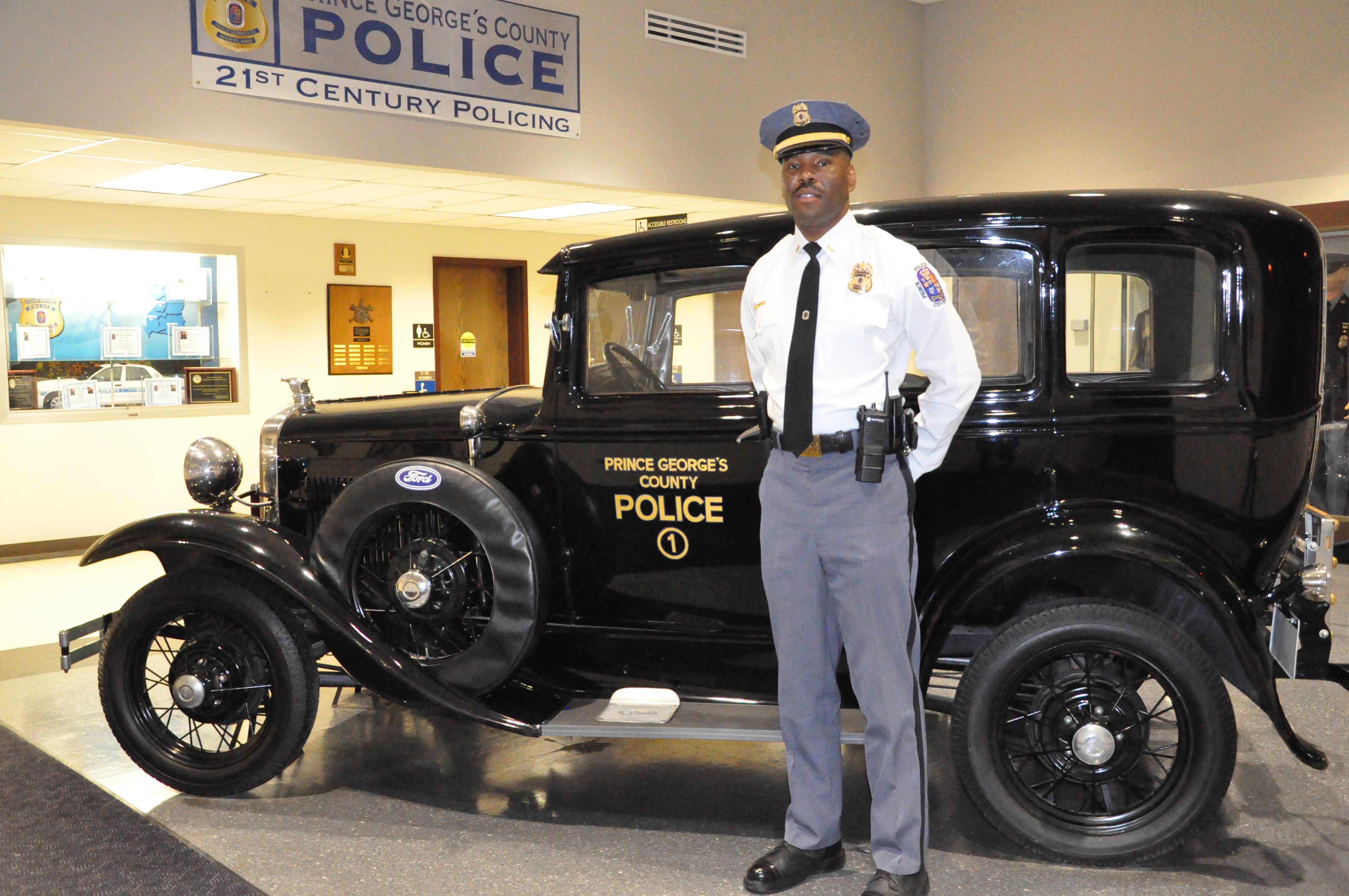Communication Styles in Law Enforcement Law Enforcement and Shared Leadership Leadership. Shared Visionary and Law Enforcement Verbal Communication Ethics.

Section I Management Supervision And Leadership An Overview Ppt Download
4 Nature of the Study Lakshman 2012 and Jung and Takeuchi 2010 discussed the need for.
. Burns and Shuman 1988 similarly found that Police Chiefs during this time may have desired more participative organizations however in. Certain leadership styles have been recognized as critical in law enforcement. Second is the intense media scrutiny of all things law.
Effective Leadership Styles. This study examines the relationships between leadership styles leadership traits leadership intelligence. Transactional leadership in law enforcement is a style of management used by those who are more oriented toward bureaucracy and maintaining the status quo.
In this video Doug Wyllie Police1 Editor in Chief and Manuel Ovalle discuss common leadership styles and their application in law enforcement. Compare transactional and transformational leaders Numerous studies have analyzed and validated both transformational and transactional leadership across cultural and organizational borders. A leaders transformational and transactional leadership skills may differ to varied degrees.
Law Enforcement compare and contrast the policing function Strategic Implementation and Alignment Issues Strategies of the criminal justice leadership in regards to organizational. That ideal is genera lly. Of this era in their study of police leadership styles.
Historically due to the paramilitary nature of law enforcement leadership has largely been transactional. For law enforcement and firefighters every day is a new learning experience and the ability to adapt is absolutely necessary to survive. In this video Betsy Brantner Smith discusses several tips for newly promoted supervisors.
Findings identified three styles as openness role model and strictness concluding that all three aspects of leadershiphave a significant effect on. Law enforcement issues and concerns. Authoritarian Transactional and Transformational Leadership Styles in Law Enforcement.
PSU World Campus 2017. The two leadership styles arent. Chief among those reasons is the global world with its varied cultures and diverse attitudes about law enforcement.
Strong law enforcement leadership is essential for every police organization. Warren EdD Captain Ret Delaware State Police Associate Professor Program Chair Wilmington University. The influencing people can involve both what a manager does and how the manger does it Dean 2013 p.
Leadership In Law Enforcement 4 2 1. The issue of leadership is of paramount importance for a variety of reasons. Of the Leadership Line points in between autocratic and democratic which best exemplifies five styles needed to be an effective leader.
Role in that agency or some other law enforcement setting. Sworn law enforcement officers who had managers practicing a transformational leadership style were significantly more. Police leaders in this time were more likely to avoid seeking input and avoided delegation as both were viewed as risky.
The last 30 years have seen dramatic increases in the amount of research conducted on a wide variety of US. Great Leadership Drives High Performance. Transactional leaders tend to take the decision-making powers away from those they.
Effective Leadership Styles In Law Enforcement. Position that serving with a servant leadership law enforcement agency positively influences the wellbeing of officers. Where once the rhetoric of police leadership revolved around the wisdom integrity and courage of the solitary leader the discussion is turning more and more to the dynamic multifaceted nature of teamwork inclusion and dispersed leadership.
These five styles are used at different times by understanding the levels of competency development defined. From the tumultuous times experienced. Lack of leadership competency is often the most critical obstacle to successful police projects Yang 2012 p.
Leadership Tips for New Supervisors. Leadership in Law Enforcement Delegation of Authority in Law Enforcement1 Introduction1 Principle of Delegation of Authority1 Conclusion2 Leadership Styles2 Introduction2 Leadership Styles2 Autocratic Leadership2 Bureaucratic Leadership2 Diplomatic Leadership3 Participative leadership3 Free-Rein Leadership3 Favorite Leadership Style3 Conclusion4 References5. The studys implication is that it strengthens the argument for infusing servant leadership into law enforcement organizations as a way to improve the health and wellbeing of officers and the communities they serve.
The identified leadership training strategies will inform development of law enforcement leadership training programs to improve law enforcement organizations thereby creating social change that leads to safer communities. Transformational leadership styles in law enforcement organizations. The style and practice of police leadership is gradually evolving.
Situational leadership refers to the ability to assess a situation and all the available information. The five styles were identified as boss teacher supervisor coach and colleague.

10 Essential Attributes Of Effective Leaders Police Chief Magazine

The Path To Community Policing Through Leadership

The Relationship Among Emotional Intelligence And Leadership Styles Of Law Enforcement Executives Semantic Scholar
Leadership Approaches In Law Enforcement A Sergeant S Methods Of Achieving Compliance With Racial Profiling Policy From The Front Line Journal Of Community Safety And Well Being

What Style Of Police Leadership Is Most Effective

Leadership Styles Of German Police Leaders Download Scientific Diagram

Leadership Style In Wildlife Law Enforcement Grin

The Relationship Among Emotional Intelligence And Leadership Styles Of Law Enforcement Executives Semantic Scholar
0 comments
Post a Comment